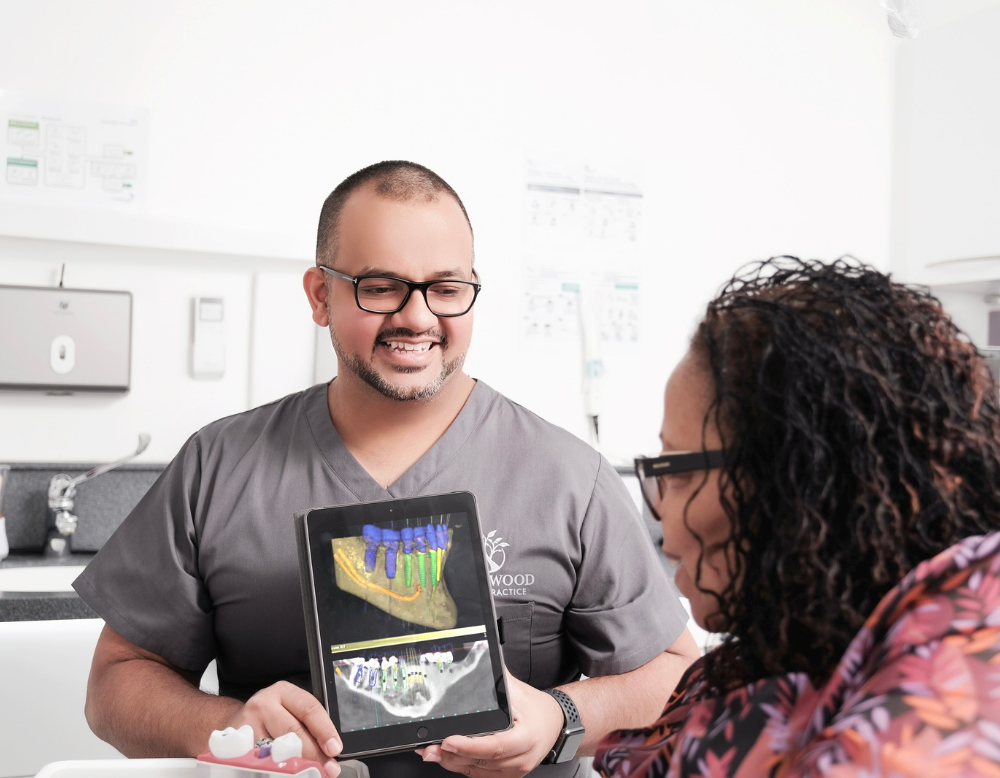



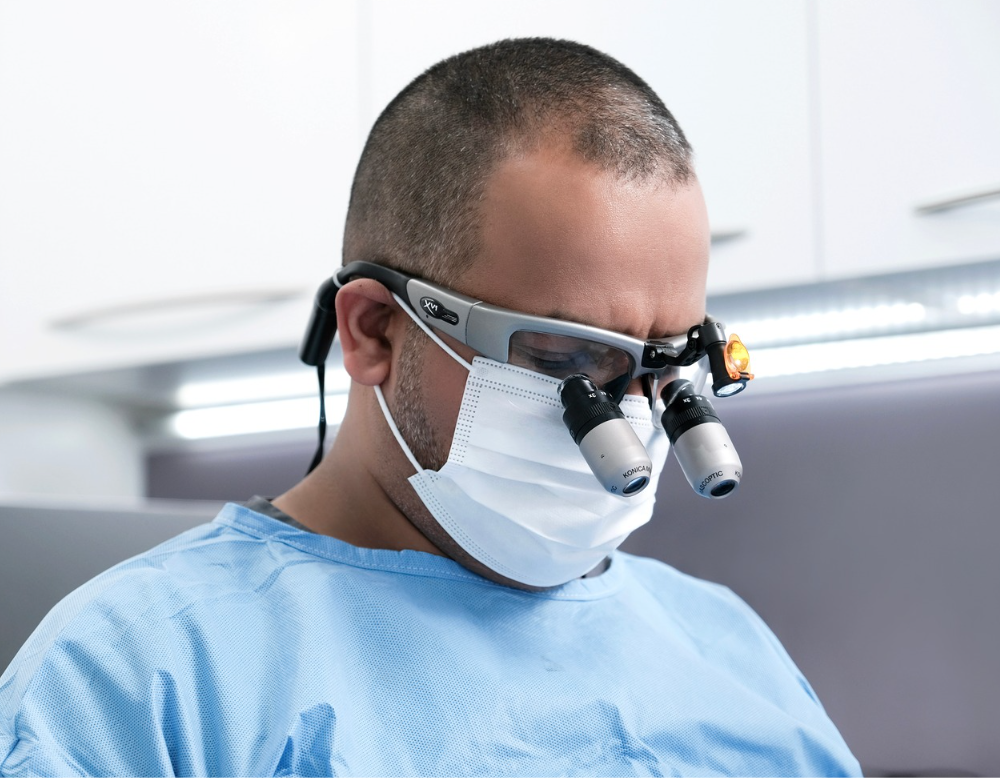
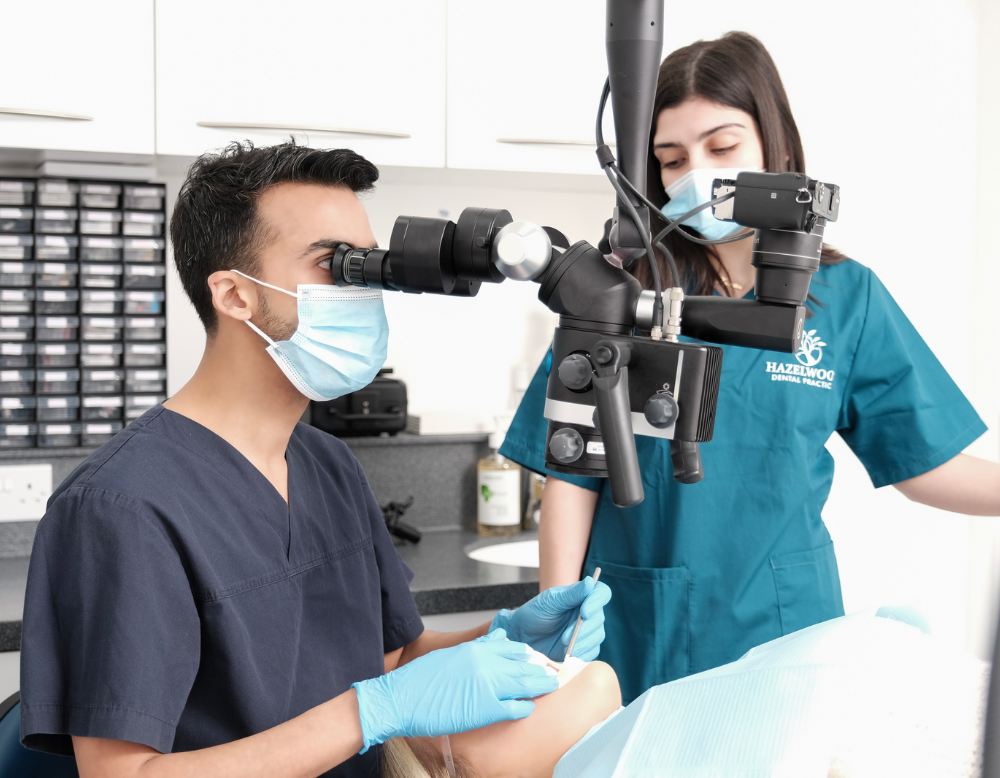
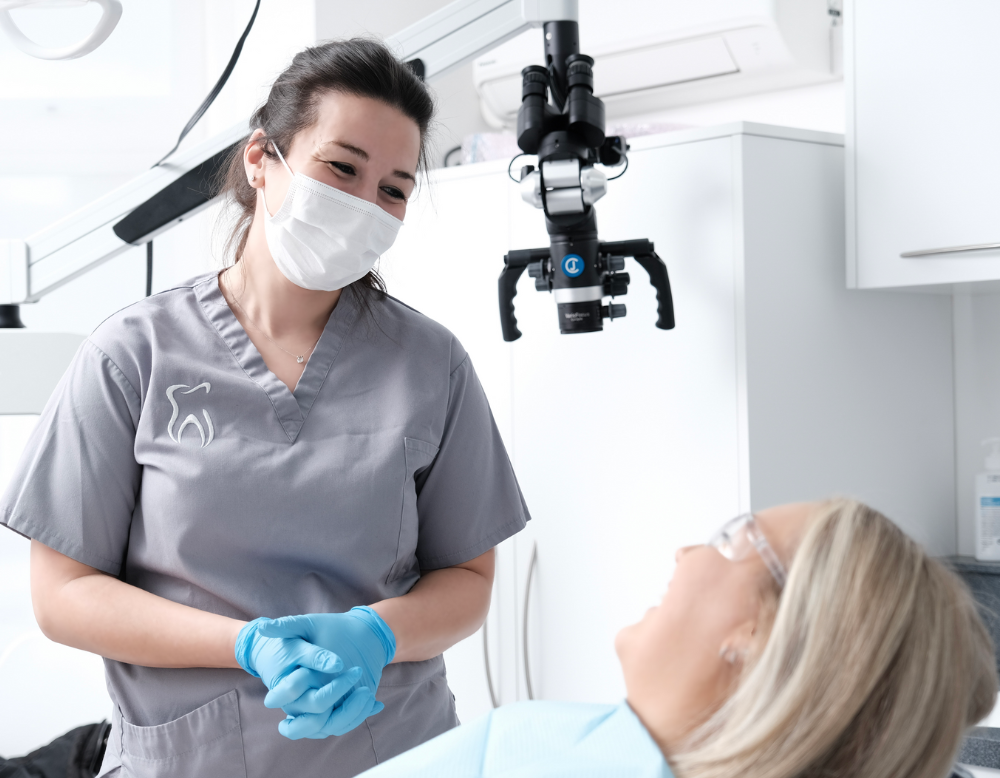
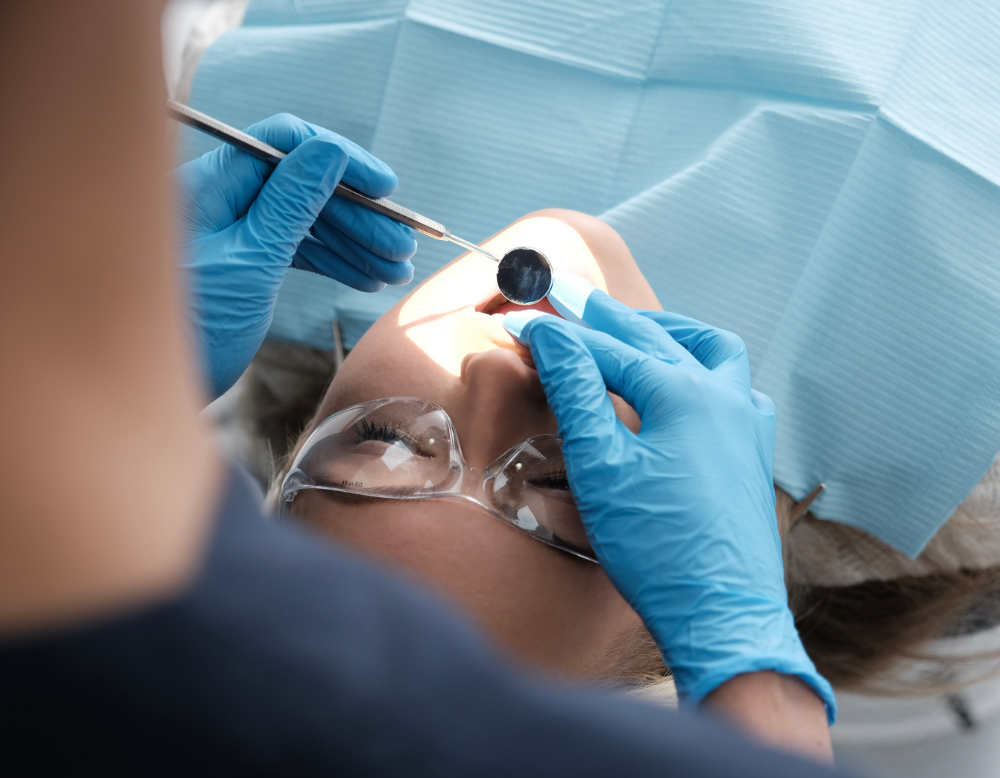
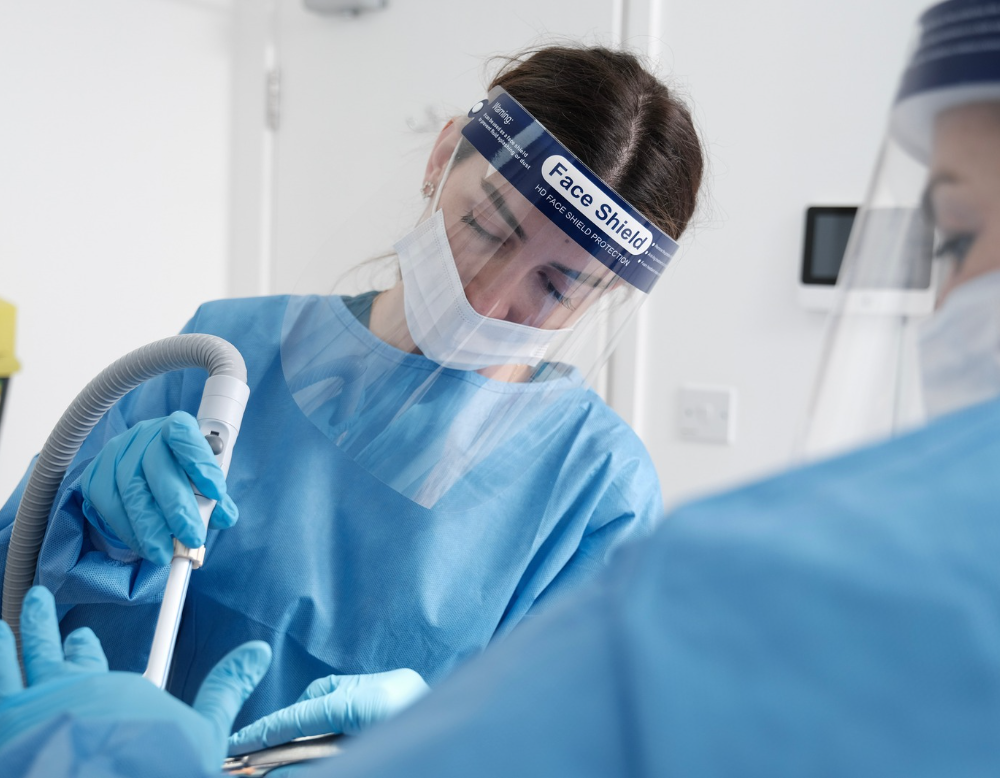
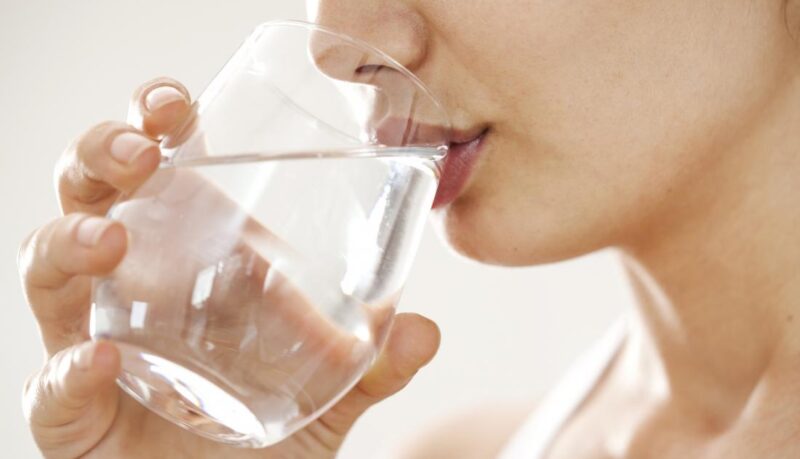
Everyone feels like they have a dry mouth once in a while. But when it happens often, it can seriously affect your dental health. This blog post will look at the symptoms and causes of dry mouth as well as the treatments and remedies.
Dry mouth, also known as xerostomia, is a condition where your mouth doesn’t make enough saliva. The condition is usually a result of ageing or certain medications. Saliva is important for your dental health because it neutralises acids, kills bacteria and washes away food particles. In addition, saliva facilitates chewing and talking. Therefore, it’s easy to see why dry mouth can have a major impact on your dental health. If your mouth doesn’t make enough saliva, then you become more susceptible to problems such as cavities, tooth decay and gum disease.
The symptoms of dry mouth include:
Many factors can cause dry mouth, but here are some of the main ones:
Dry mouth will go away once the underlying cause is addressed. To determine what’s causing your dry mouth, it’s best to see a doctor.
If you’re suffering from dry mouth, then your doctor might recommend one of the following forms of treatment:
In the meantime, here are a few things you can do yourself at home:

“I had a tooth extraction with Dr Femi and his nurse, Christine, today; they are the best! I was very nervous, and they both made me feel at ease, ensured I was okay and explained the process in detail to me. I am very happy and already feel better. Dr Femi is the best and...”
“I’m so happy I’ve been given the all-clear after being fitted with dental implants. Thank you, Dr Hussein Asaria, for performing the surgery with minimal discomfort and feeling so at ease throughout the procedure. I am so glad the procedure went smoothly, and I recovered really well. I am pleased with the results and wish...”
“I was a nervous patient and was worried about having my tooth taken out. Dr Femi and his nurse were so amazing. I had a denture to be fitted, and he did that. It was done very quickly, and the nurse was very caring. I have to say I have had no pain since. This...”
“Dear Hazelwood Dental Practice, just to let you know that Femi and Christina did a fantastic job on my mother removing 3 front teeth. She had a bit of pain with the injections, but apart from that, there was no pain with the removal of the teeth and no pain thereafter. As my mother was...”
“I had a tooth extraction with Dr Femi and his nurse, Christine, today; they are the best! I was very nervous, and they both made...”
“I’m so happy I’ve been given the all-clear after being fitted with dental implants. Thank you, Dr Hussein Asaria, for performing the surgery with minimal...”
“I was a nervous patient and was worried about having my tooth taken out. Dr Femi and his nurse were so amazing. I had a...”
“Dear Hazelwood Dental Practice, just to let you know that Femi and Christina did a fantastic job on my mother removing 3 front teeth. She...”
Error: No connected account.
Please go to the Instagram Feed settings page to connect an account.


